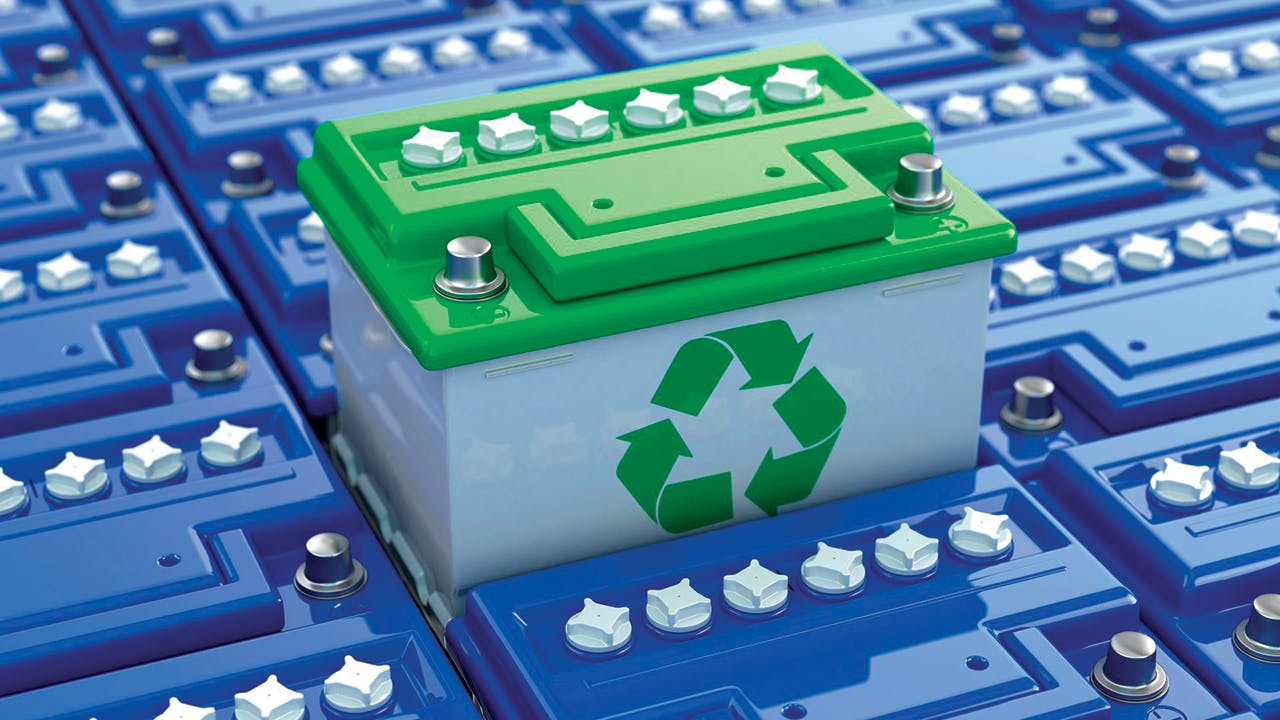Britain's Aurelius Technologies has partnered with the University of Cambridge, and with Antares Recycling and manufacturer Tudor Batteries from Brazil, to develop a holistic approach to recycling lead-acid batteries. Their goal: a cost-effective way to convert waste lead sulfate back into lead oxide. Currently, the recycling processing for these batteries is done in large plants to manage expenses. The batteries are broken down for scrap and even burned in some areas. These methods are both costly and environmentally damaging.
With the Aurelius method, the paste goes directly from sulfate to lead oxide instead of turning it into lead ingots first. Almir Trindade, the CEO of Antares, told the Cambridge Independent, “By recycling the waste battery acid, we completely avoid neutralization, saving 85 kilograms [190 pounds] of carbon dioxide for every ton of electrolyte treated.” The new approach eliminates the need for gas abatement technology to prevent the release of noxious gases, effectively lowering the cost of recycling—and incidentally reducing the processes’ carbon footprint by 80 percent.
Aurelius has already collected more than £2 million ($2.75 million) via two Innovate UK awards for providing a cleaner and sustainable way to recycle lead-acid batteries.











